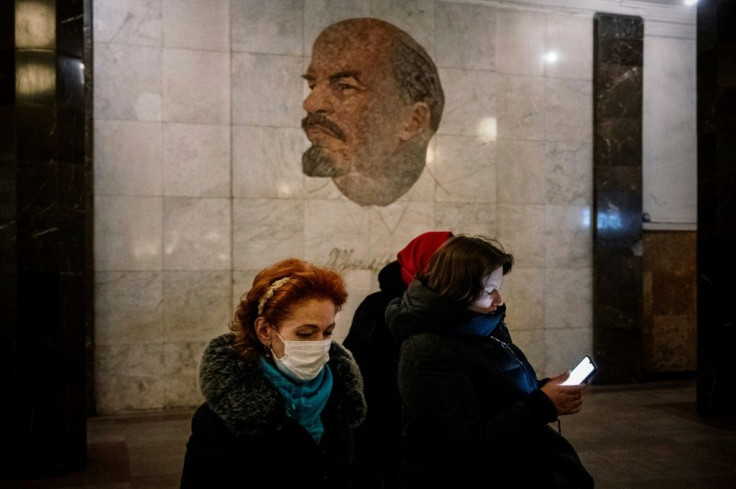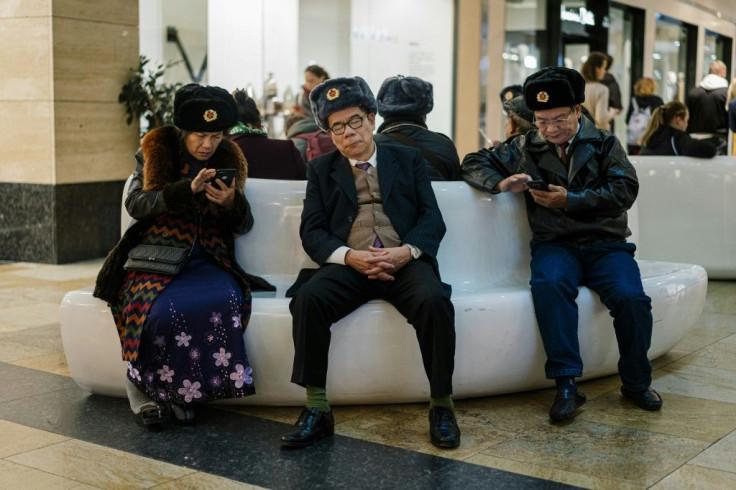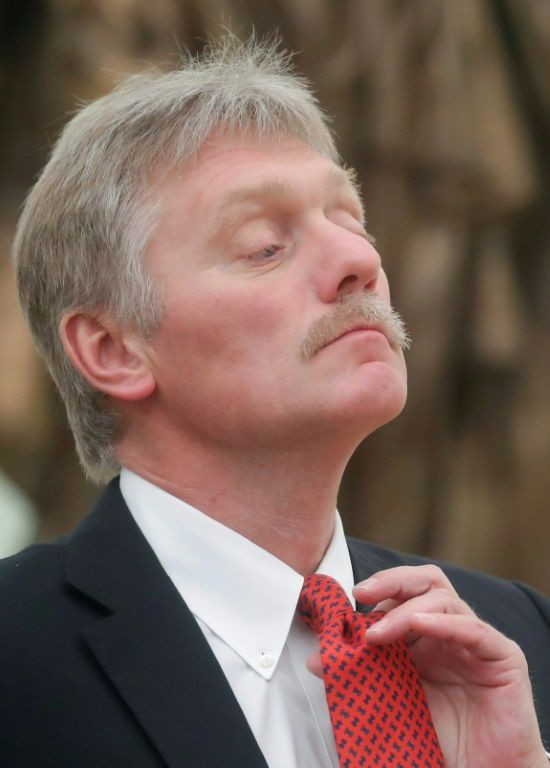Russia Raises Eyebrows With Blanket Ban On Chinese Visitors
Moscow is to impose a blanket ban on Chinese visitors over coronavirus fears in a move that will hit its tourism industry as experts question the need for such "draconian" measures.
Moscow will ban all Chinese citizens from entering its territory from Thursday. It has already halted visa-free tourism for Chinese nationals and stopped issuing them with work visas and suspended rail links and restricted air travel.
The country is a top destination for Chinese tourists and the range of restrictions is expected to hit the domestic tourism industry hard.
"Of course, there will be colossal losses," Irina Tyurina, spokeswoman for the Russian Union of the Tourism Industry, told AFP.
The Russian tourist industry will lose at least 2.8 billion rubles ($44 million) in February and March due to the travel restrictions, according to the Association of Tour Operators of Russia.

Some 1.5 million Chinese tourists visited Russia last year, according to the association.
The two countries share a border more than 4,000 kilometres (2,500 miles) long and have in recent years played up their "strategic partnership" alliance that they present as a counterbalance to the West.
Russia currently does not have any coronavirus cases on its territory and the severity of the travel ban caught even seasoned China watchers by surprise.
Alexander Gabuev, chair of the Russia in the Asia-Pacific Programme at the Carnegie Moscow Center, said the "very dramatic hike" in precautionary measures was "draconian given the official virus situation in Russia."

"How can this jump be explained, given that Russia on (an) official level expresses support and admiration for Beijing's efforts to combat the virus?" he asked.
Two Chinese nationals who were diagnosed with the novel coronavirus in Siberia have already recovered.
The Kremlin dismissed suggestions that the Russian authorities may have gone overboard.
"All the necessary measures are being taken to prevent the coronavirus getting into and spreading across our country," President Vladimir Putin's spokesman Dmitry Peskov told reporters.
Russia has ramped up restrictions even though the slowing numbers of new infections in China has been described by Chinese health officials as indicating that the outbreak is under control.
The new coronavirus epidemic has killed over 2,000 people in China and infected more than 74,000, and has spread to at least two dozen countries around the world.

The virus outbreak, which originated in the Chinese city of Wuhan, presents an obstacle to Russia's ambitious plans to become one of the world's top 10 travel destinations and double tourism revenues to $25 billion by 2035.
Tourism experts say that Russia will try to replace Chinese tour groups -- drawn to the country by a weak ruble -- with visitors from the Middle East and Europe but will have to lower prices to lure new tourists.
Experts also say that Russian tour companies may try to use the ban to push out Chinese-owned companies that currently shepherd around Chinese groups.
"We don't rule out that the temporary ban on Chinese tourists in Russia could clean up this market," said the Association of Tour Operators of Russia.
Gabuev of the Carnegie Moscow Center suggested that the ban on Chinese visitors was a populist measure that could appeal to "latent Sinophobia (anti-Chinese prejudice) among Russians."
Newly-appointed Prime Minister Mikhail Mishustin "wants to play it safe," he said.
Levada Centre, an independent polling agency, recently registered a drop in positive attitudes towards China.
Sixty-five percent of Russians said they viewed China favourably in late January, after the virus outbreak began, down from 72 percent in November, according to a Levada poll released Tuesday.
The ban will affect several thousand Chinese workers including skilled specialists, said Sergei Sanakoyev, head of the Russian-Chinese Analytical Centre, a Moscow-based think-tank.
Citing government sources, Sanakoyev said the ban was likely to be short-lived.
"We are talking a few weeks," he told AFP.
Yet he cautioned the restrictive measures could harm Russia's ties with China.
Beijing has sought to play down the ban, with foreign ministry spokesman Geng Shuang calling it "temporary measures".
But Sanakoyev said China would inevitably draw conclusions from Russia's moves.
"A friend in need is a friend indeed," he said.
© Copyright AFP 2024. All rights reserved.





















